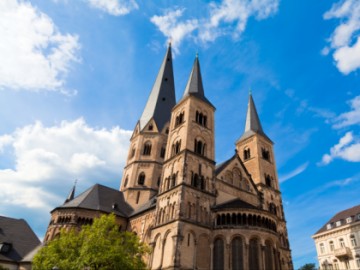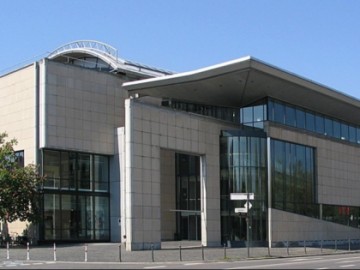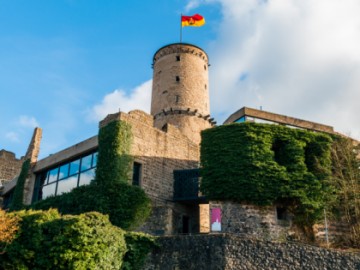History of Bonn began two thousand years ago. It was then that Roman legionaries established a fortified camp in the place of the current historical centre. Its name – Iulia Bonna – was borrowed from an allied Germanic tribe. Time went by, and a fortress appeared in this place, with a road from Cologne to Mainz that had important military and trade significance going through it. With the arrival of Francs, settlement Iulia Bonna turned into a town of Bonnburg.
In the 11th century construction of the main catholic sanctuary – basilica of St. Martin – started here. The dome was built in the place of death of great martyrs Cassius and Florentius, patrons of Bonn. The basilica was depicted on the medieval coat of arms. Connoisseurs find features of very different styles in the architectural image of the dome – from Roman to Gothic. The dome is the main symbol of the city.
Bonn has other symbols too, such as composer Ludwig van Beethoven cherished by the townsfolk and guests. He was born in an old three-storey mansion in the centre of Bonn and lived here for 22 years. In 1889 a museum was opened in his family house. It has the world’s largest collection dedicated to life and works of Beethoven. Among legendary items there is the clock that presumably stopped when the composer died, his death mask, grand piano, scores, hearing tubes. Here you will also find the famous “conversational notebooks” with the help of which Beethoven talked to his friends. From August till October an annual festival of academic music is conducted in Bonn to honour the great composer. The name of another famous composer is also connected with Bonn – that of Robert Schumann. In 1854 he was placed in the local psychiatric clinic of doctor Richartz after a suicide attempt. Today there is a Schumann museum in the former clinic that hosts a small collection of his private possessions.
Bonn is also known in the entire world for its university that was established in 1818. Many sons of the king of Prussia have studied at the university, as well as the spouse of Queen Victoria, Prince Albert. Because of this fact the institution was called “prince university”. Heinrich Heine, Friedrich Nietzsche, Karl Marx were also among its students. Among the teachers you will find Josef Ratzinger, better known as Pope Benedict XVI. University of Bonn has given the world seven Nobel prize laureates, and belongs to one hundred best universities in the world. Today the university owns 350 buildings scattered around Bonn and its vicinity!
Townsfolk love to have fun. Whenever you come to this city, you will definitely find yourself in a celebration. One of the brightest and most memorable events is the local carnival (Bonner Karneval). Colourful show starts on November 11 and lasts with breaks till mid-February. It is not without a reason that Bonn is recognized as the capital of “the fifth season”, as the carnival season is called in Germany. Thousands of brewers and admirers of the malt drink come to Bonn in July for the traditional festival of beer “Beer Stock Exchange” (Bierbörse), while a festive fair takes place on the Marktplatz before Christmas.
Another attraction of Bonn is the local beer “Bönnsch”. It is a variety of the Cologne beer but with a large quantity of hop. The best place to try it out is the restaurant at the local brewery “Brauhaus Bönnsch”, where visitors can see the entire brewing process through a glass wall. Beer is served in special glasses with hollows for fingers. Alongside with beer you will be offered the local attraction – crispy potato pancakes Reibekuchen with roasted pork sausages in beer sauce. Those who prefer seafood will appreciate an unusual salad with herring – Heringssalat – with beetroot, potato, pickled cucumbers, onions and vinegar with caraway and capers.
For the dessert you better go to the worldwide known factory of golden marmalade bears “Haribo”. The first chewing candies appeared in Bonn in 1920. They were invented by the local pastry chef Hans Rigel. He called his small company with the first two letters of his name and surname and the name of his hometown – HARIBO (Hans Rigel, Bonn). Today hundred millions of marmalade bears are produced daily in 15 countries of the world under this brand!
In Bonn you can feel the quiet confidence of its residents, their cheerfulness and openness to the world. The village capital located on the both banks of the Rheine charms travelers with its hospitable simplicity and domestic atmosphere. You should come here to feel it yourself.






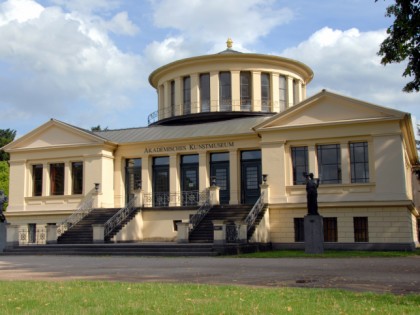

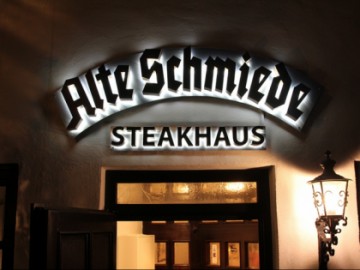
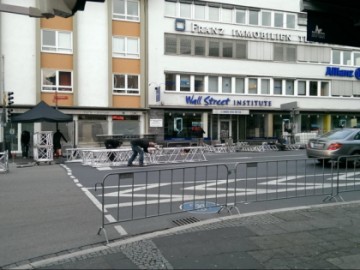
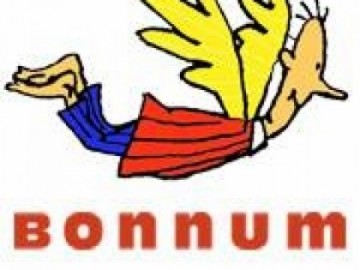
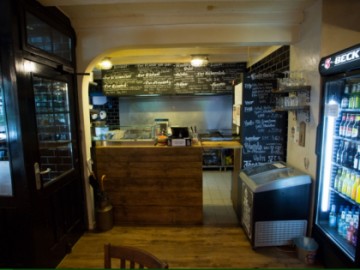
 Castles, Fortresses and Palaces
Castles, Fortresses and Palaces
 Museums and Exhibitions
Museums and Exhibitions
 Architectural Monuments
Architectural Monuments
